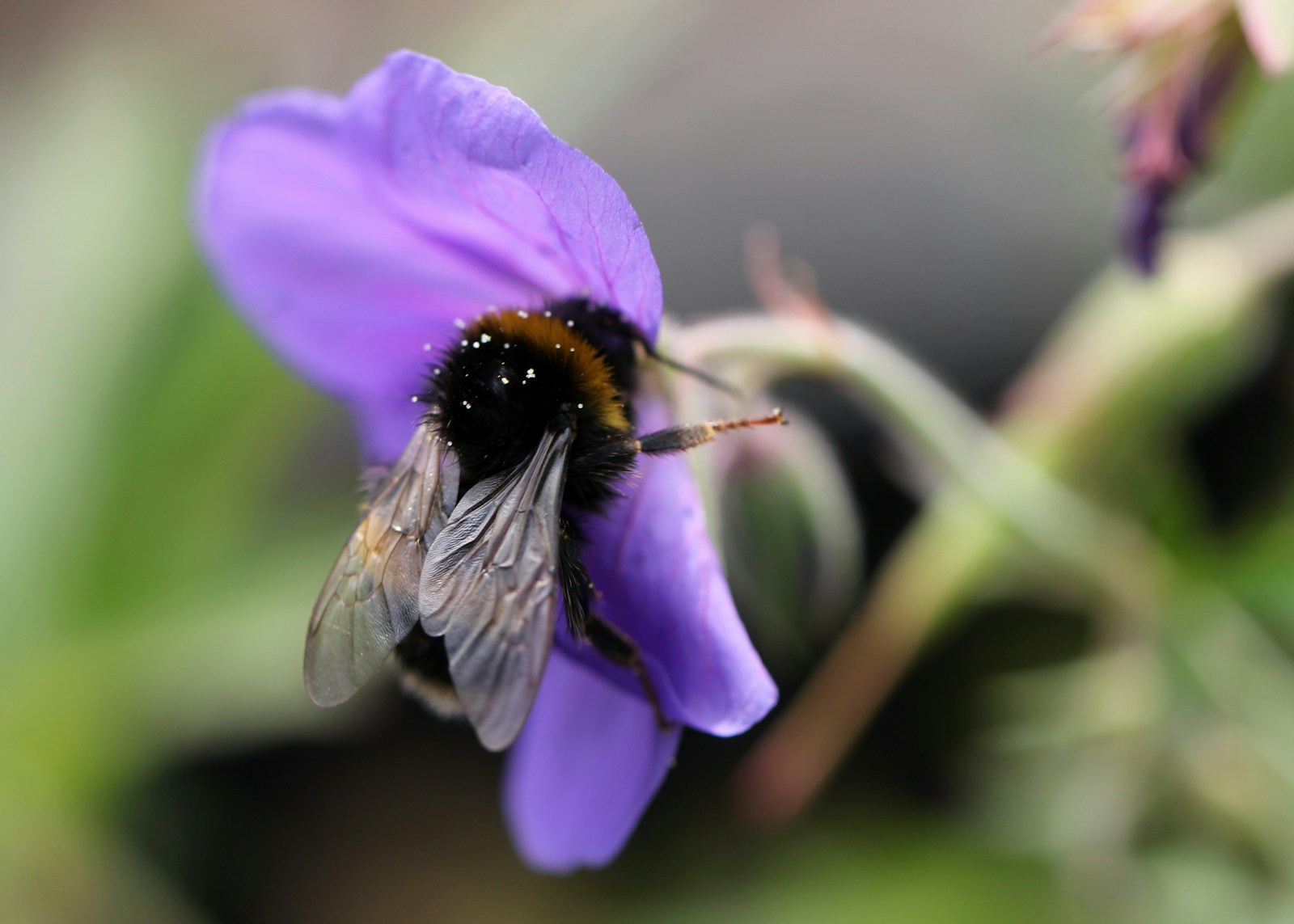We’ve been here before: lack of detail on reduction pathway, economic impact and conflicting policy support is a red flag in the eyes of agriculture.
Revealed on Friday 21st March, the new UK Pesticides National Action Plan [NAP] has been approved by all four governments of Great Britain. The aim is to minimise risks and effects of pesticides between now and 2030.
Broadly welcomed by climate and nature groups, the big news is a domestic reduction target which will focus on reducing environmental harm, not actual volume of pesticides used. The approach should mean the introduction of additives to protect crops will still be possible, but the most harmful to the environment will be increasingly difficult to use.
Instead, ‘integrated pest management approaches such as the use of biological, physical and other non-chemical measures to control pests’ will be promoted. Risk-based enforcement will also be ‘improved’, supporting and pushing for behavioural changes. A pesticide load indicator will also be introduced alongside a 10% reduction target using 2018 as a baseline year.
But, unsurprisingly, not everyone is fully on board with the proposal. Mainly because gaps are evident in terms of assistance to agricultural businesses, the use of harmful substances on greenery outside the farming sector, and the lack of long-term plans for how to continue reducing reliance on and prevalence of pesticides across the country.
‘Today’s National Action Plan for sustainable pesticide use, published 7 years after it was due to be renewed, has been long awaited and much needed if we are to reverse the declines in wildlife across the UK,’ Barnaby Coupe, senior land use policy manager at The Wildlife Trusts. ‘
‘While not perfect, the inclusion of a new pesticide load indicator and a 10% reduction target mark a step forward in pesticide policy, but this target will need to become more ambitious over time if the UK is to meet its international commitment to half pesticide-related risks by 2030,’ he continued. ‘Also missing is a clear commitment and strategy to phase out the unnecessary use of pesticides in urban areas. The continued use of harmful chemicals where people live and work is hugely damaging to wildlife and human health.’
Coupe isn’t alone in describing the NAP as a ‘missed opportunity’ that fails to go far enough. According to the National Farming Union [NFU], there are widespread concerns about the lack of clarity on how members are supposed to transition away from ‘traditional’ pesticides to more sustainable alternatives, or full organic methods and processes.
‘It would have been good to see the NAP mark the progress we’ve made. The focus on IPM aligns with the NFU’s own plant health strategy, which puts IPM at the heart of all crop protection activity,’ said David Exwood, Deputy President at NFU. ‘While the government rightly focuses on public health and the environment, it’s critically important this is balanced with the need to grow affordable British food and increase productivity.’
In 2019, Friends of the Earth published a report on The Problem With Pesticides. This showed a sustained fall in the use of chemicals on crops in Britain by weight, but a relatively constant ‘treated area’ of 4.6million hectares since the turn of the Millennium. However, the total area being treated by an ‘individual active ingredient’, and the number of spray passes – the act of applying the chemicals – are increasing.
It also highlighted worrying ‘unintended impacts’ of this, including increased mortality in earthworms and other soil-living organisms, birds, butterflies, fish, wild plants, mammals, amphibians and reptiles and a drop in water quality.
Yesterday, pharmaceutical and biotech giant Beyer was ordered to pay $2billion in damages by the US state of Georgia after a jury ruled the company’s Roundup weedkiller had led to a man developing cancer. This issue remains a subject of fierce debate, though, with a lack of consensus among doctors and scientists that the substance contributes to the disease.
Image: Sandy Millar / Unsplash
More on waste, pollution and recycling:

















